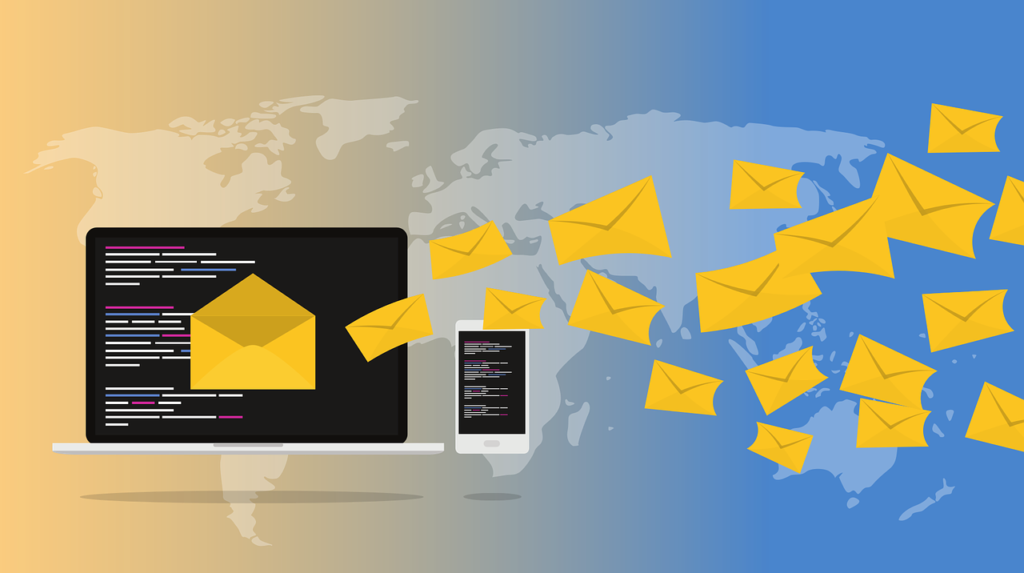Successful Event Advertising & Promotion

Planning an event is a job in itself, but unless you promote it to your target audience then attendance can be disappointing. Promoting an event successfully involves a well-coordinated strategy that targets the right audience, utilises multiple marketing channels, and creates excitement around the event. Here’s a step-by-step guide to successful event advertising:
1. Define Your Target Audience
- Identify who the event is for: demographics, interests, and needs.
- Tailor your promotional efforts to resonate with this specific group.
2. Create Compelling Event Branding
- Develop a unique event name, logo, and tagline.
- Design a consistent visual theme for all promotional materials (posters, social media, emails).
3. Build a Dedicated Event Website or Landing Page
- Include all essential details: date, time, location, agenda, speaker bios, and ticket information.
- Make it easy to register or buy tickets with a clear call-to-action (CTA).
- Optimise the page for search engines (SEO) with relevant keywords.
4. Leverage Social Media
- Create event pages on platforms like Facebook, LinkedIn, Eventbrite and Instagram.
- Post regular updates, teasers, and behind-the-scenes content.
- Use targeted ads to reach a broader audience based on demographics and interests.
- Create an event-specific hashtag to encourage user-generated content.

5. Email Marketing
- Send out a series of emails to your mailing list: save-the-date, official invitation, reminders.
- Segment your list to tailor messages based on recipient preferences or past behavior.
- Include clear CTAs and links to the event registration page.
6. Collaborate with Influencers and Partners
- Partner with influencers or industry leaders who can promote the event to their followers.
- Collaborate with sponsors, vendors, or related businesses to cross-promote.
- Offer affiliate or referral programs to incentivise partners to drive ticket sales.
7. Utilise Content Marketing
- Publish blog posts, articles, or interviews related to the event’s theme.
- Share content that highlights key speakers, topics, or activities.
- Use video marketing, such as promo videos or live streams, to build excitement.
8. Leverage Public Relations (PR)
- Send press releases to local media, industry publications, and blogs.
- Arrange for interviews or features with event organisers or keynote speakers.
- Utilise media contacts to secure coverage in newspapers, magazines, or TV.
9. Engage Attendees with Pre-Event Activities
- Host pre-event webinars, Q&A sessions, or meet-and-greet opportunities.
- Offer early-bird discounts or special incentives for early registration.
- Use countdowns or milestones on social media to build anticipation.

10. Paid Advertising
- Run targeted ads on Google, Facebook, Instagram, and LinkedIn.
- Use retargeting ads to reach people who visited the event page but didn’t register.
- Consider geo-targeted ads if the event is location-specific.
11. Engage with Online Communities and Forums
- Share the event in relevant online communities, groups, or forums.
- Participate in discussions to naturally introduce your event.
- Provide value through content or free resources that lead back to the event.
12. Utilise Print and Offline Marketing
- Distribute flyers, posters, or brochures in high-traffic areas relevant to your audience.
- Advertise in local newspapers, magazines, or community boards.
- Leverage word-of-mouth by encouraging attendees to invite their networks.

13. Offer Exclusive Incentives
- Provide limited-time offers, such as discounted tickets or VIP packages.
- Use giveaways or contests to create buzz (e.g., free tickets for sharing the event).
- Offer group discounts to encourage bulk ticket purchases.
14. Track and Analyse Promotional Efforts
- Use analytics tools to monitor the performance of your promotional channels.
- Track metrics such as website traffic, email open rates, and social media engagement.
- Adjust your strategy based on what’s working to maximise impact.
15. Follow-Up and Maintain Momentum
- Send reminder emails and social media posts as the event date approaches.
- Continue promoting until the day of the event to capture last-minute registrations.
- After the event, share highlights, photos, and testimonials to keep the conversation going and build momentum for future events.
By combining these strategies and consistently engaging with your audience, you can successfully promote a event and attract the right attendees.
Related Posts

6 Totally Unique Event Venues in the UK
When planning a memorable event, the choice of venue is paramount, as it sets the tone and atmosphere for the entire experience. For event planners seeking unique and impactful locations,…

Mid Sized UK Venues for Awards Ceremonies
Here are some mid-sized venues across the UK that are ideal for hosting awards ceremonies, typically accommodating between 300 and 800 guests. These venues offer a mix of elegance, historic…

London Conference Venues for 50-100 Delegates
London offers numerous conference venues perfectly suited for small to mid-sized gatherings. Whether you’re planning a corporate seminar, a product launch, or a networking event, the city’s diverse range of…

6 of the Best Hotels for Corporate Retreats
Here are six boutique country hotels in the UK that are ideal for corporate retreats, offering a blend of luxury, tranquility, and excellent facilities: 1. The Pig at Combe, Devon…
